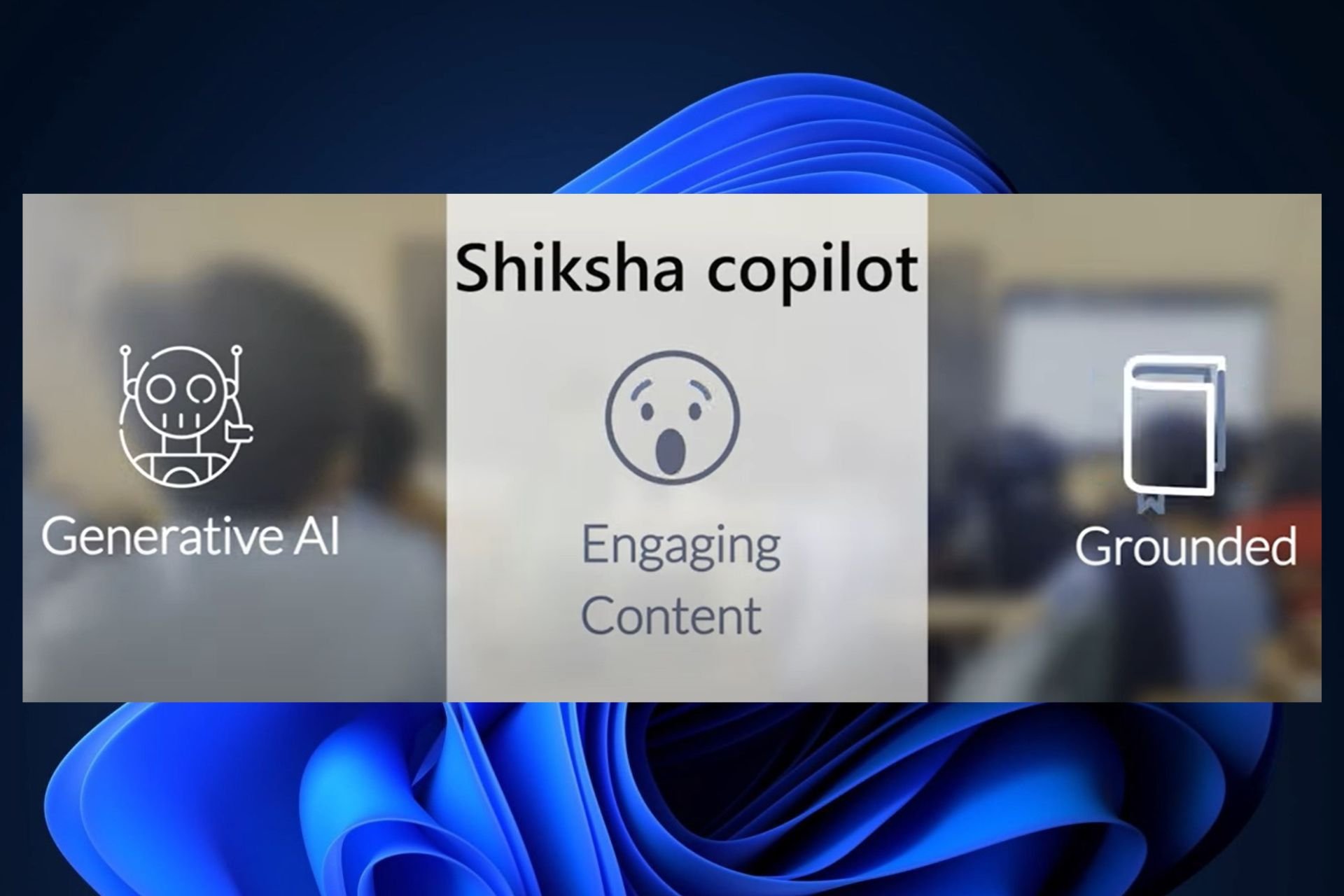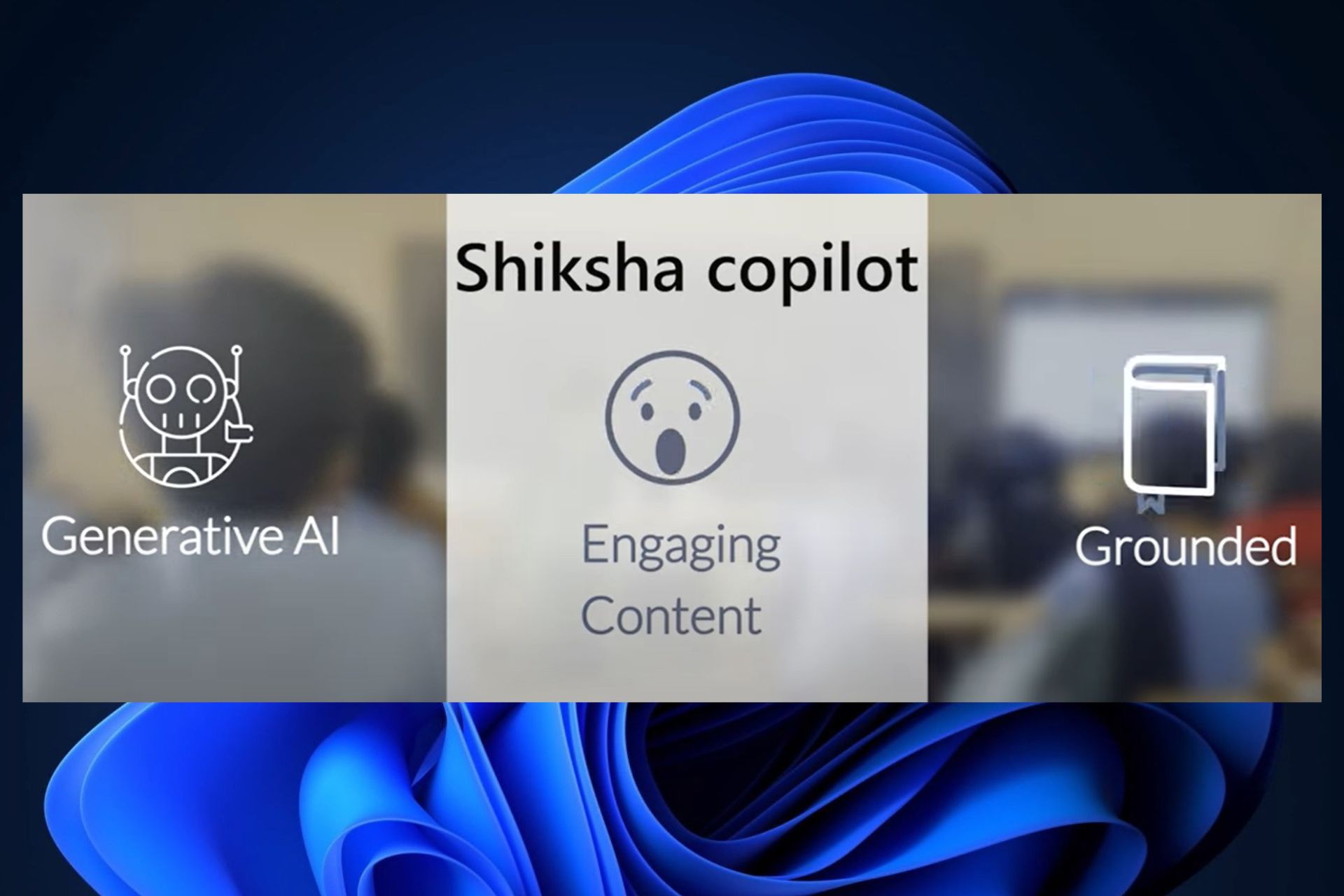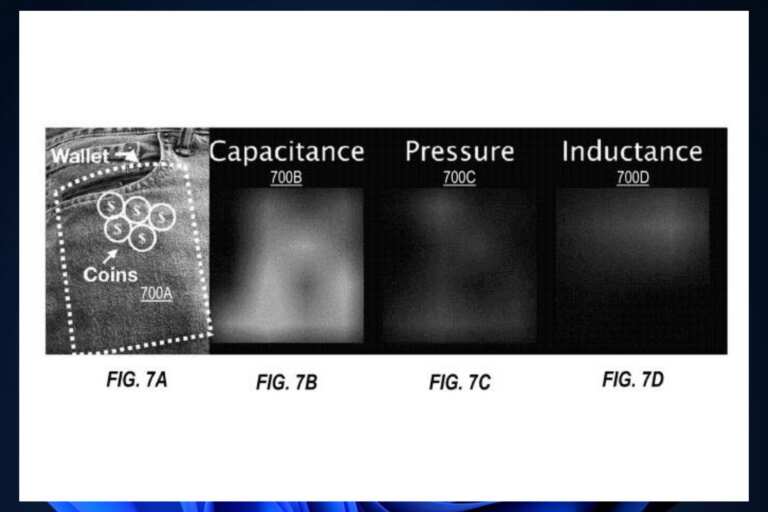Shiksha addresses real-life education challenges.
Microsoft Research India and teams across Microsoft developed a new AI meant for teaching environments, called Shiksha. Shiksha, which is a Sanskrit word for instruction, lesson, learning, or study of skill, is an AI project meant to help teachers deliver the most suitable teaching experience to their classes.
The project aims to improve learning outcomes and empower teachers to create comprehensive, age-appropriate lesson plans combining the best available online resources, including textbooks, videos, classroom activities, and student assessment tools.
Microsoft
Shiksha has already been delivered to several schools in India, and the team behind it, together with Microsoft and other local non-governmental organizations is trying to pivot the AI tool to several other public schools in the country.
The initial pilot program for Shiksha copilot is underway at more than 10 schools in and around Bengaluru. The goal is to let the teachers experience how Shiksha copilot can best be used in their daily workflows to improve learning experiences and collect feedback. The early response has been highly positive, with teachers expressing great satisfaction in both the quality of the content generated and the time savings. To build on this successful pilot, researchers are gearing up to scale Shiksha copilot in schools across the state of Karnataka and beyond, in collaboration with Sikshana Foundation.
Microsoft
Shiksha Copilot: How does it work?
Similar to Windows Copilot, or even better, Microsoft 365 Copilot, Shiksha includes a range of useful features and technologies that let it summarize, plan, and design entire class courses in seconds.
The copilot will take into consideration each teacher’s way of teaching, and each curriculum to provide courses and content in alignment with learning objectives and education outcomes.
This grounding is enabled by ingesting relevant data with the help of state-of-the-art optical character recognition (OCR), computer vision (CV) and generative AI models. It was also important to use natural language and support voice-based interactions while including options for English and Kannada speakers.
Microsoft
Plus, since many regions in India use other means of communication, such as WhatsApp, Telegram, or web applications, Shiksha can automatically connect and integrate with them.
Shiksha copilot is somehow a step forward for Microsoft, including its Microsoft Research team in India, as the tool will allow developers to try to build copilots for other industries in the region.
However, the best part about the initiative is that Shiksha addresses real-life challenges, such as education challenges, and the other copilots will follow the same path.
Maybe there is finally time for inclusive copilots. What do you think?
Start a conversation






Leave a Comment